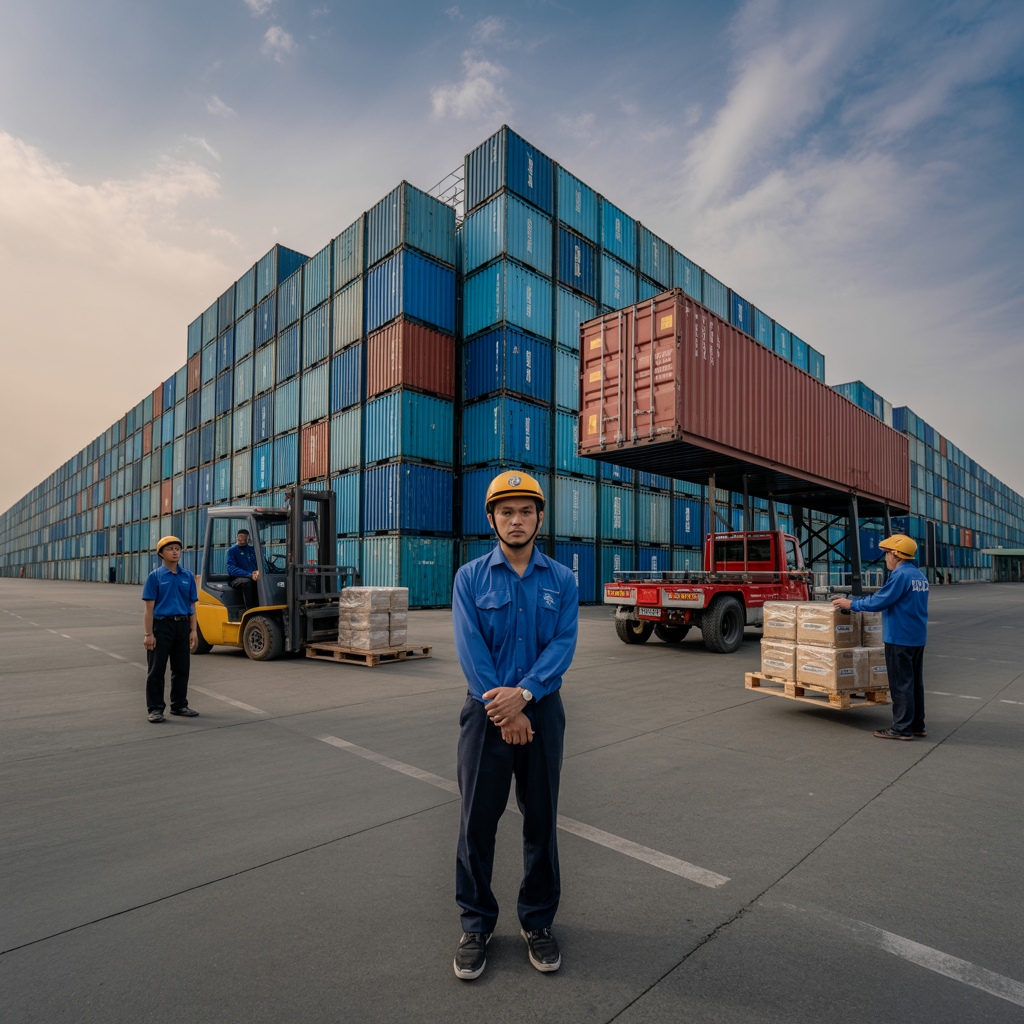"Introduction to Bonded Zones in Indonesia: Functions and Basic Concepts"

Bonded zones in Indonesia are one of the essential instruments in supporting the growth of industry and international trade. Established by the government, bonded zones are specific areas exempted from import duties and taxes, providing significant benefits for companies engaged in the export manufacturing sector. This facility is designed to enhance the competitiveness of local products in the global market while attracting foreign investors to invest in the country, leveraging a more favorable tax structure compared to non-bonded zones.
The main function of bonded zones includes the suspension of import duties and value-added tax (VAT) for raw materials, machinery, and capital goods that will be further processed before being exported. This certainly has a positive impact on the cash flow of companies because the payment of import duties and taxes can be postponed until the final product is ready to be exported. Moreover, the latest regulations in 2025 further simplify export-import procedures, with the implementation of digital technology in customs administration, thereby increasing trade process efficiency and reducing operational costs for industry players.
Practically, bonded zones not only offer duty suspension but also provide other facilities such as the exemption of certain administrative costs and the acceleration of licensing processes issued by Indonesian customs. This certainly offers a competitive advantage for companies operating within them compared to those outside these zones. Effective implementation of the bonded zone system can increase direct investment flows from abroad, create more jobs, and strengthen Indonesia's position on the international trade map as an advanced export manufacturing industry hub.


